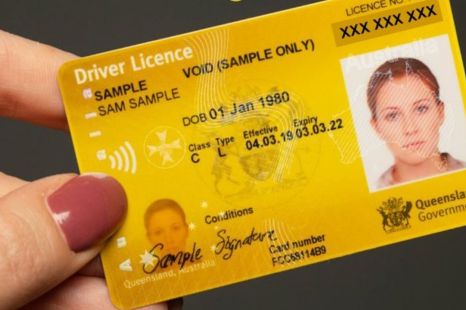

Damion Smy
230,000 Australian driver licences exposed in ransomware attack on vehicle finance firm
9 Hours Ago
The European Parliament has approved a ban on sales of new petrol and diesel cars and light commercial vehicles from 2035.

Contributor
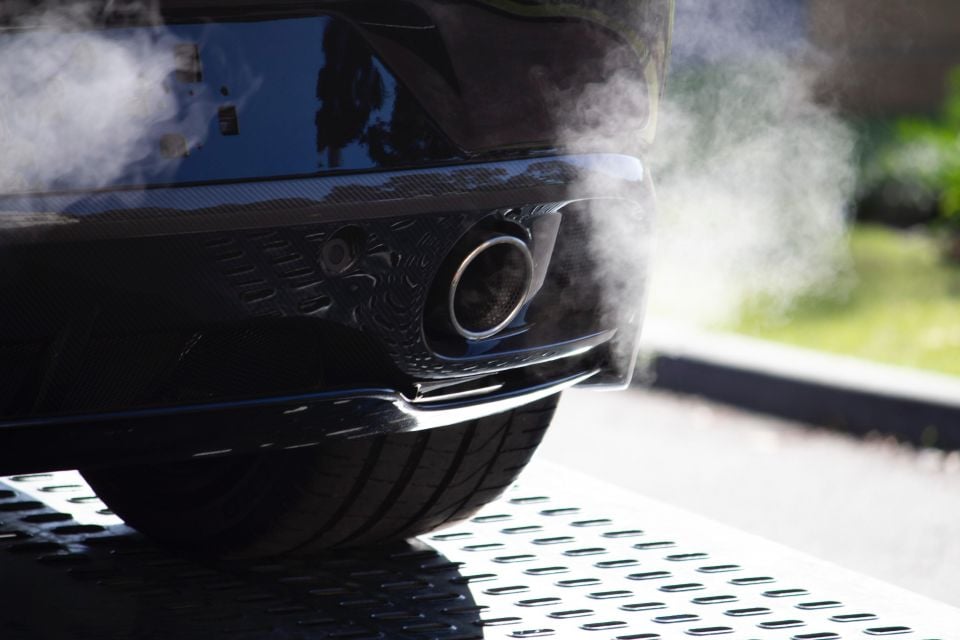

Contributor
On Tuesday, the European Parliament approved the CO2 emissions reductions targets that will see the sale of new petrol and diesel cars banned in 2035.
The ‘Fit for 55’ package, originally proposed on 14 July 2021, aims to contribute to the European Union’s overall climate objectives for 2030 and 2050 by directing the automotive industry towards low- and zero-emission technologies, and making it more feasible for consumers to adapt said technologies.
Banning the sale of CO2-emitting cars in 2035 will support the goal of a carbon-neutral transport sector by 2050, considering the average lifespan of a new vehicle is 15 years.
The ban, which was approved with 340 votes in favour, 279 against and 21 abstentions, will support the EU’s ambitious emissions reduction targets to reduce CO2 emissions from new cars and vans by 100 per cent compared to 2021.

The legislation will apply to passenger cars and light commercial vehicles, although the European Commision also detailed new emissions targets on Tuesday for buses and heavy-duty vehicles.
The Commision has provided clarification on the effect of the legislation on small production volume manufacturers, stating that manufacturers responsible for 1000 to 10,000 new cars ‘may be granted a derogation’ for an additional 12 months and those manufacturing less than 1000 vehicles a year will remain completely exempt.
This means that specialist hypercar manufacturers like Praga and Koenigsegg won’t be stopped from producing combustion-powered combustion supercars.

The existing zero-and-low-emission vehicles (ZLEV) incentive scheme, which rewards manufacturers for prioritising production of low emission models such as BEV and PHEV vehicles, will have an amended benchmark of 25 per cent for the sales of new cars and 17 per cent for new vans.
Most major manufacturers are on-board, including Mercedes-Benz, Audi, and Peugeot, with a majority setting targets to completely electrify their lineup by 2030.
The European Commission has also set intermediary targets to allow progression checks, which are set at 55 per cent emissions reduction for cars and 50 per cent for vans by 2030.
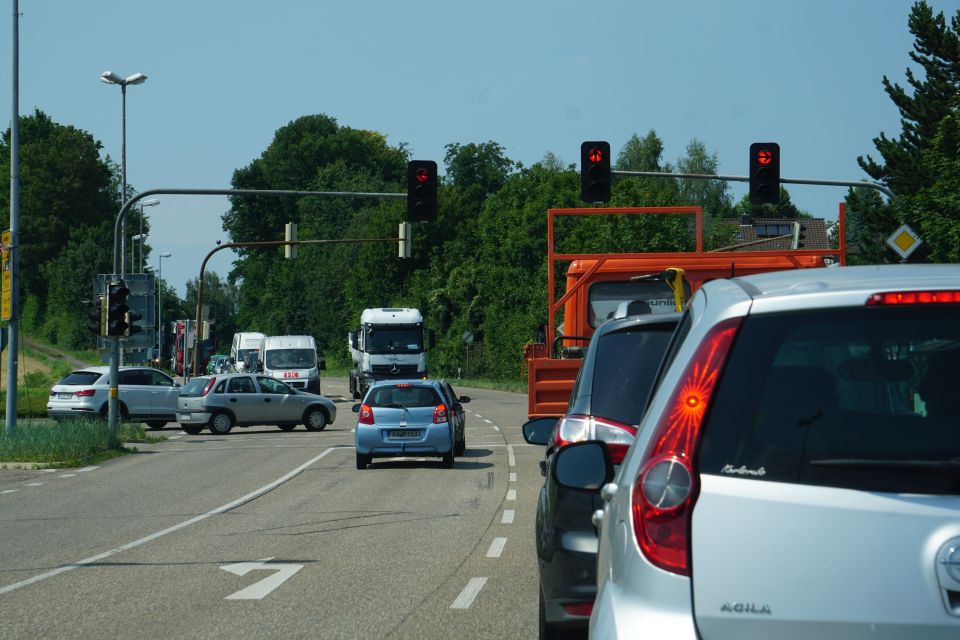
Jan Huitema, the member responsible for drafting the legislation, said, “These targets create clarity for the car industry and stimulate innovation and investments for car manufacturers.”
“Purchasing and driving zero-emission cars will become cheaper for consumers and a second-hand market will emerge more quickly.”
The European Parliament reassured citizens that consumers will still be able to drive their current petrol- or diesel-powered car regardless of the sales ban, but is assuming that by 2050 most of these vehicles will no longer be roadworthy.
It describes the trend in low-emission vehicles as leaning towards battery-electric vehicles due to the lower cost of ownership compared to hydrogen and e-fuel alternatives.
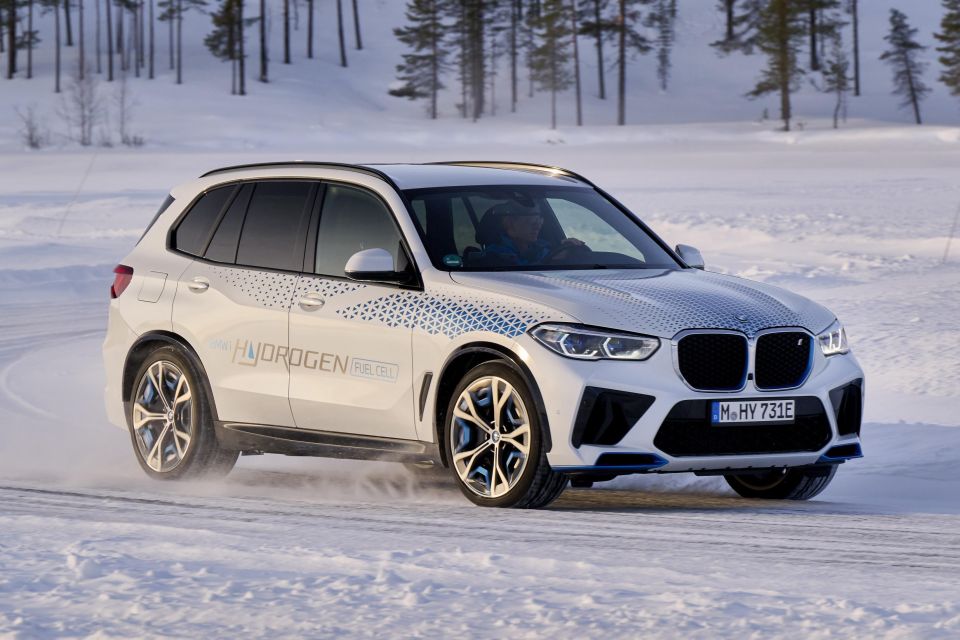
However, brands such as Hyundai and BMW have said they believe in the merits of hydrogen-powered vehicles and will continue to invest in research and development in the area.
The European Parliament hopes these incoming regulations will bring down the average price of electric vehicles through increased competition and incentive for manufacturers, and that the secondhand market for EVs will evolve.
The problem most often cited with EVs is the waste management of batteries, which the European Parliament intends to address with further legislation to ensure the production and recycling process is CO2-neutral.

The 2035 ban will have to be formally endorsed by the European Council before being published in the EU Official Journal, which is expected to happen in March.
In line with the definitive commitment to electrification in Europe, Ford Europe also announced this week that it will cut its workforce by 3800 people as it restructures its product development and production processes.
Locally, the Australian government has announced plans to reach net zero emissions by 2050, but there are no such bans or legislation planned for the local automotive market.
Australia has been slower than other markets to take up EVs, however the Albanese Labour Government has shown interest in backing the issue, gaining support from the Greens to push through the Electric Car Discount Bill.


Damion Smy
9 Hours Ago
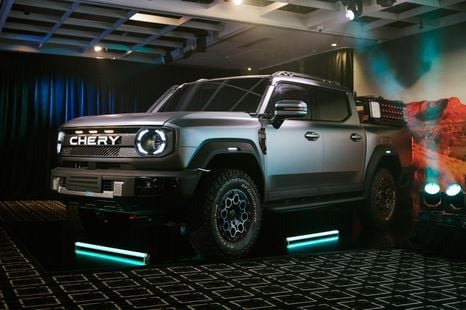

Damion Smy
12 Hours Ago
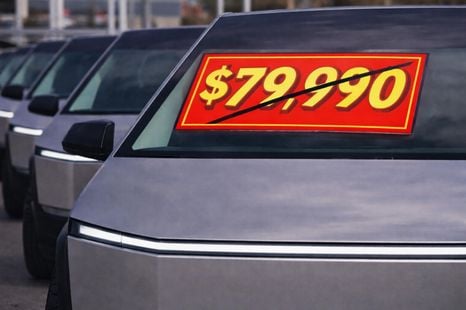

Damion Smy
13 Hours Ago
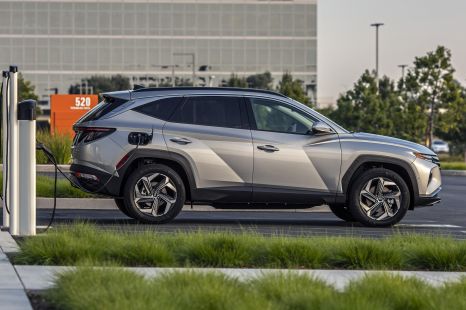

James Wong
14 Hours Ago
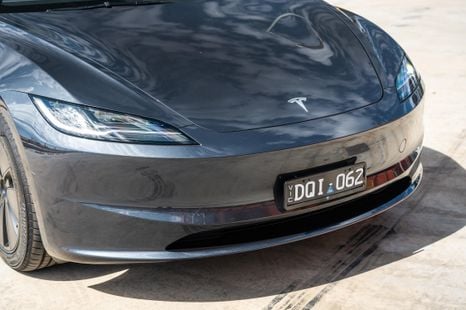

William Stopford
14 Hours Ago
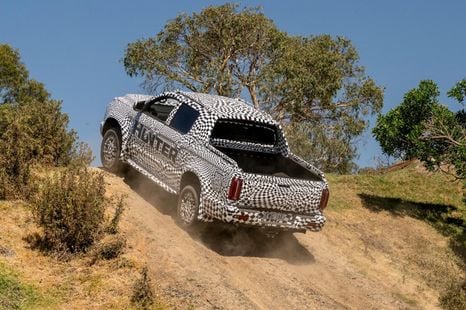

Damion Smy
16 Hours Ago
Add CarExpert as a Preferred Source on Google so your search results prioritise writing by actual experts, not AI.